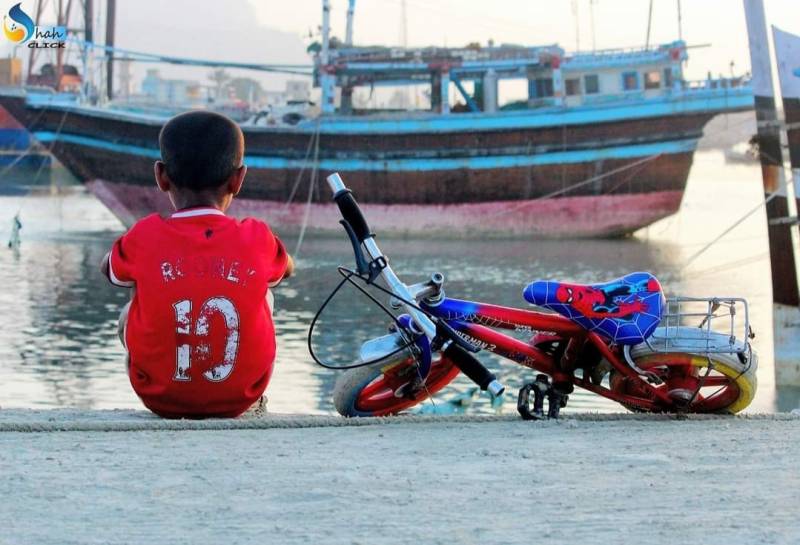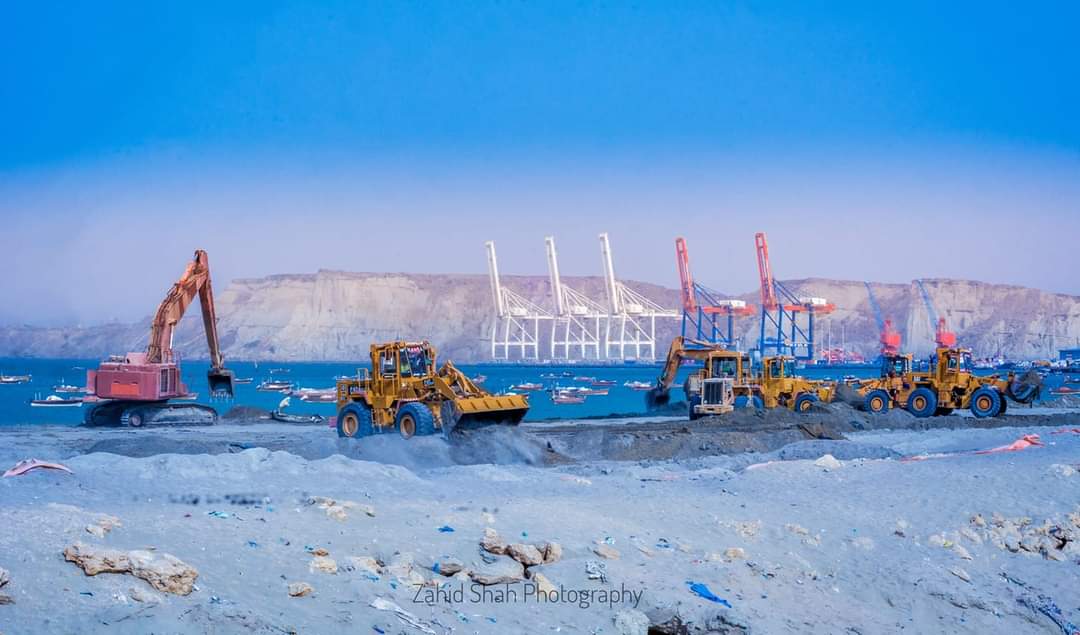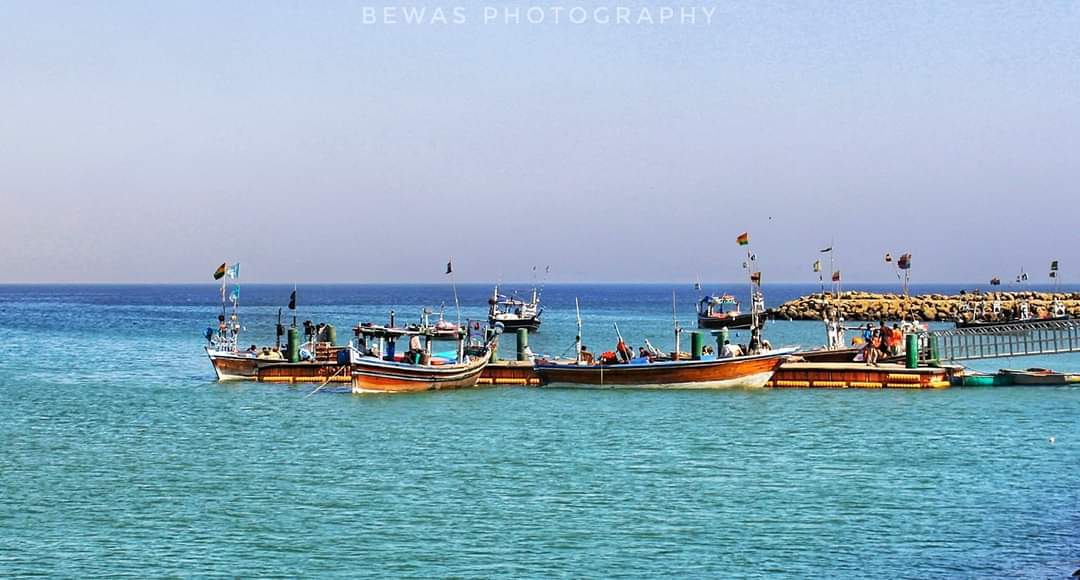
December 8 is celebrated as Gwadar Day. News of meetings between government officials, institutions and local authorities about celebrating the day had been circulating for two days in local WhatsApp groups. An appeal was made to the people to participate in full capacity, with vigour and vitality. There was a fair amid these celebrations and the inhabitants gathered on the seashore on Marine Drive in Gwadar to celebrate the independence from the Sultanate of Oman.
As usual, the photos were taken so as to paint Gwadar where "all is good" and people are "happy" ever than before.
But what underlies beneath the apparent celebrations? And has the living standards of people changed? To illustrate, I am rewriting my last year's column because it seems that over a year, only the number of 61 has changed to 62. Everything else is the same.
The same photographs, the same headlines, the same news coverage in the name of positive reporting; nothing more. The local fishermen still crying out for their economic exploitation. Illegal fishing from outsiders continues at sea today. Education and health are still beyond the reach of a common Gwadari. The question of basic fundamental needs remains a taboo.Today, a year later, the city is still reeling from water crisis, unemployment and power outages. In fact, the city is now afraid of losing its identity. "Paadhi Zer" beach is now Marine Drive. "Koh e Bathail" has now become a "Jabal e Noh". "Demi Zer" name has become East Express Bay. There is only one statue of a famous Balochi poet and linguist "Syed Zahor Shah Hashumi" , as remains of what can be called 'local'.
The rest of the questions will remain in place, untouched and unanswered. A reporter would write in tomorrow's newspaper that the city's influential class, institutions and local fishermen together took part in the celebrations of Gwadar Day. All was well and the local fishermen chanted slogans in the boat race. Freedom was celebrated with great fanfare. Perhaps seeing all this situation, a journalist may feel compelled to wonder why these cunning fishermen who are celebrating this day by dancing today, are always complaining that their economy is being exploited? The exploitation will faint to exist. It has gone unnoticed, unaddressed; sweeping away under the carpet of development which is by far exclusive of locals.

A similar celebration was held on the 14th of August, where for miles around, colorful, expensive cars were circling the streets in rallies with green flags on the switchboards and the city's aristocratic colours were covered by press cameras. But on the same day, a teacher who teaches the national language Urdu every day under the shadow of the green flag, in his school program complained that this city was being snatched away from them. He no longer enjoys the freedom that his ancestors enjoyed. He leaves home every morning and is stopped on a road because VIPs are passing. The road is closed for him; being a local has made him an alien. The local regional culture is under threat from enforced urbanization and developments.
Sixty-two years ago, there were no VIPs in Gwadar, the sea was only for local fishermen, no one was going to stop them from going for work whenever they wanted to go to open sea, no one asked them to show their boat card, there was no protest or sit-in for the demand of basic rights.
They don't know the meaning of slogans they are asked to raise amid celebrations. These locals are always depressed, exploited and suspicious. Yet, so much duplicity; that on the one hand, the sky-scraping slogans come from boats and on the other hand, the sit-ins from time to time at the "Mulla Musa Not" on main road which leads to Gwadar port.
 The slogans captured with cameras do not tell the whole story. The people have become victims of racial prejudice, untouchables before the "Brahmins" like VIPs. There is no guarantee of education for their children, no hospital for the birth of a newborn or any similar facilities, and no drinking water; If anything, the skyrocketing slogans recorded in the cameras.
The slogans captured with cameras do not tell the whole story. The people have become victims of racial prejudice, untouchables before the "Brahmins" like VIPs. There is no guarantee of education for their children, no hospital for the birth of a newborn or any similar facilities, and no drinking water; If anything, the skyrocketing slogans recorded in the cameras.The fishermen of Gwadar are unfortunately not even given the status of labour and thus the ascribed rights despite working so hard. A new class system has emerged within labour, as Gwadaris occupy lower rank in labour strata.
Sixty-two years ago, the son of a fisherman was illiterate and used to fish with his father during the day. He used to fight the waves of the sea and play football on the open beach in the evening. But today, 62 years later, the fisherman's child is intoxicated, neither has the strength to fight the waves of the sea nor has the beach remained open for him like before.
Sixty-two years ago, every inhabitant of this city was poor but not sick. Today, he suffers from prejudice, mental despair, if he knows flattery, he is a follower of a higher class, otherwise he is doubtful. And the Gwadar in camera eye is a decorated actress, just a formality for an NGO photo session.
